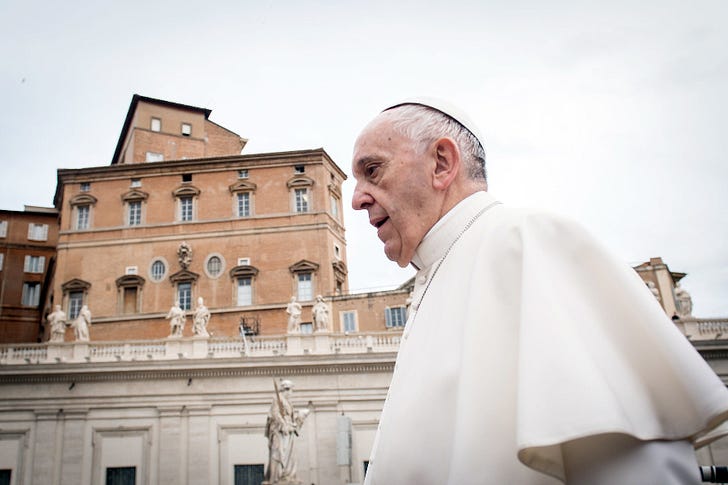Pope Francis waives statute of limitations in Rupnik case
Fr. Marko Rupnik could soon face a canonical trial in the Vatican. Here’s what that means
The mosaic artist Fr. Marko Rupnik will face a canonical process over allegations of sexual, psychological, and spiritual abuse against women religious, the Vatican announced Friday, in an apparent about-face.
The Vatican has not formally specified the charges Rupnik will face, and the Vatican’s press office has declined questions on its statement.

The H…
